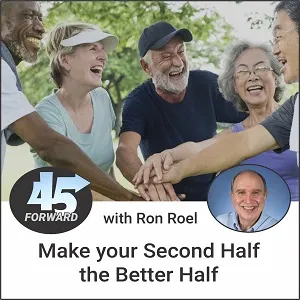The Challenge of Lifting Women of Color to Next-Level Leadership

As we begin the annual celebration Women’s History Month, it’s a good time to take a closer look at how women are progressing in their careers and in the workplace—specifically women of color. While women of color represent 20 percent of the U.S. population, they represent only 6 percent of C-level positions—that is, CEOs, chief operating officers and chief financial officers—compared to white women (22% )and white men 56%. In today’s episode, we talk with Analiza Wolf, the founder of Women of Color Rise, a firm dedicated to helping women of color get a seat at the table. As an executive coach, facilitator, author and keynote speaker, she has worked with hundreds of senior executives in organizations ranging from Fortune 500 companies to start-ups and nonprofits. Drawing on her own wide-ranging experiences over the years and the stories of hundreds of women she’s interviewed for her podcast and new book, “The Myths of Success: A Woman of Color’s Guide to Leadership,” Analiza will describe some of the obstacles that have turned the glass ceiling into a “concrete ceiling” for many women of color. She’ll reveal the 9 myths that hold women back from the advancement they seek. And, she’ll offer an array of practices that can help women break through to the next level in their careers, as well as specific ways that organizations can create clear pathways to leadership in the workplace, not only advancing women of color, but making their organizations more innovative, more productive, have happier customers—and employees who feel valued and motivated.
45 Forward
en-usMarch 04, 2024
